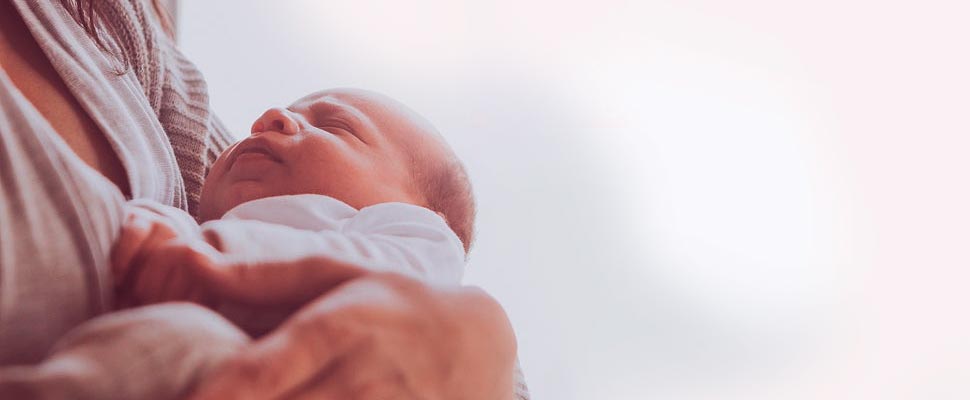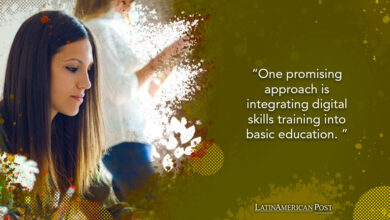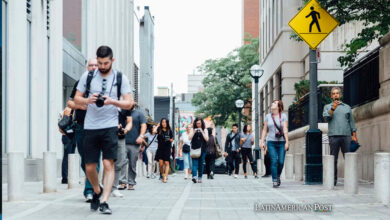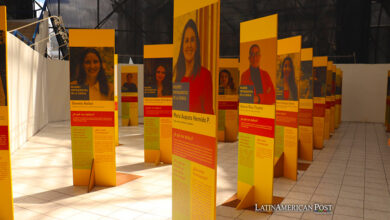Should I breastfeed my baby in pandemic times?
During World Breastfeeding Week, UN organizations have been emphatic in encouraging continued breastfeeding in times of pandemic .

We tell you what you need to know about breastfeeding during times of pandemic. / Photo: Rawpixel
The Woman Post | Maria Lourdes Zimmermann
Listen to this article
Leer en español: ¿Lactar o no lactar a mi bebé en tiempos de pandemia?
Moms and pregnant women fear COVID19 infections and wonder what are the safest practices for breastfeeding in times of a Pandemic. In the world breastfeeding week, from The Woman post we made a summary with guidelines to breastfeed with peace of mind according to the guidelines of experts from the UNICEF Children's Fund.
One of the most frequent doubts of mothers who have had to live the effects of the pandemic is whether they should continue breastfeeding or suspend the process. According to UNICEF, "the evidence is deeply in favor of breastfeeding." For the international organization, "skin-to-skin contact and early and exclusive breastfeeding help the baby to develop, so there is no reason to interrupt it as a result of the virus." To date, says the World Health Organization, transmission of active cases of COVID-19 through breast milk or breastfeeding has not been detected.
If you are going to have a baby, you should have the necessary support to be able to safely breastfeed your newborn, keeping him skin to skin, and sharing the same room with him with all the security measures.
These are some of the most frequently asked questions by moms in a pandemic season.
Should a mom continue breastfeeding during the pandemic?
UNICEF Of course. Breast milk contains beneficial antibodies to keep babies healthy and protected from many infections. Antibodies and bioactive factors in breast milk can fight COVID-19 infection, even if the baby has been exposed to the virus.
If your baby is 6 months old or younger, you should exclusively feed him breast milk. When he is six months old, continue with breast milk and healthy complementary foods.
Can breast-fed babies get COVID-19?
UNICEF To date, the transmission of active cases of COVID-19 (the virus that causes the infection) through breastfeeding has not been detected, although scientists continue to analyze breast milk, the World Health Organization encourages mothers to continue breastfeeding even if they are infected by the virus.
Should I continue breastfeeding if I have, or suspect I have, COVID-19?
UNICEF Yes, continue breastfeeding but with due precautions. These include: wearing a mask if you have one; wash your hands with soap and water, or an alcohol-based hand sanitizer, before and after touching your baby; and systematically clean and disinfect all the surfaces you have touched. You only need to wash your chest in case you've coughed on it. If not, you don't need to wash it every time you feed your baby.
Also read: New evidence for optimizing malaria treatment in pregnant women
What should I do if I don't feel well enough to breastfeed my baby?
UNICEF If you feel too sick to breastfeed, try providing breast milk by other safe means. For example, try to squeeze your milk and give it to your child with a clean spoon or cup. You can also consider feeding your child with the milk of a donor mother, if this alternative exists in your region. Talk to your lactation consultant or healthcare professional about the options available to you.
Squeezing breast milk is also important to maintain your production, so you can breastfeed again when you feel better. There is no fixed timeout interval after COVID-19 is suspected or confirmed.
Should I breastfeed my child if he is sick?
UNICEF Continue to breastfeed your child even if they are sick. Whether your little one gets COVID-19 or any other illness, it's important to continue feeding him breast milk. Breastfeeding strengthens your baby's immune system and through breast milk you pass your antibodies to him, helping him fight infection.
What precautions should I take during breastfeeding?
UNICEF Make sure you follow the hand washing guidelines. You should wash them with soap and water before and after touching your baby. You can also use an alcohol-based hand sanitizer. It is also important that you clean and disinfect all surfaces that you have touched.
Additionally, you should regularly wash breast pumps, milk storage containers, and baby feeding utensils after each use.
In the world breastfeeding week, UNICEF and WHO have been emphatic in encouraging the mothers of the world not to discontinue breastfeeding, maintain the bond with skin-to-skin babies to strengthen them affectively and feed freely with the necessary health conditions to guarantee an adequate diet that benefits the immune system of babies and thus maintain their safety in times of COVID19.




